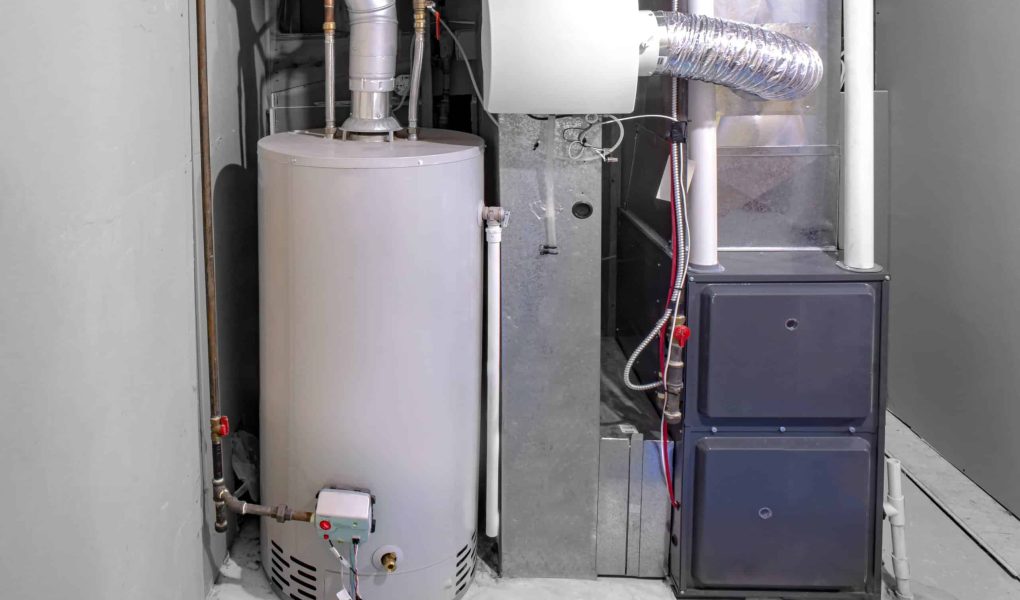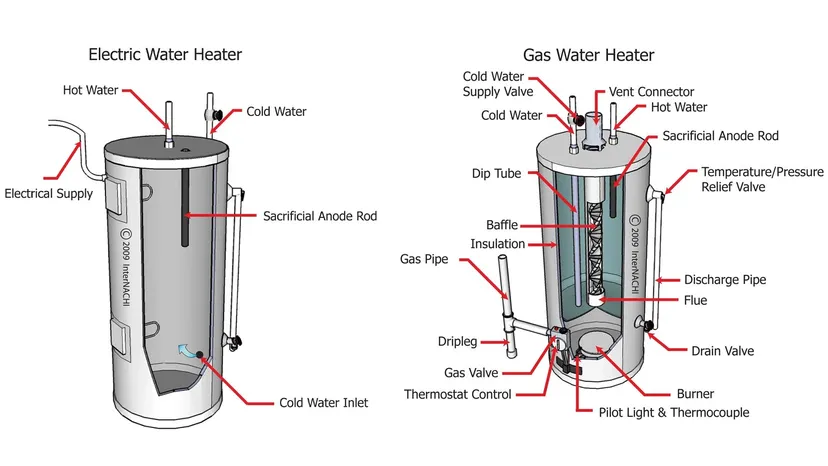Written by Nyla Rose, Founder of Homformation.co.uk
Nyla Rose is the founder of Homformation.co.uk, where she shares expert-backed advice on home improvement, energy systems, and sustainable living.
After spending over a decade helping UK homeowners navigate upgrades and energy decisions, one of the most common questions I hear is: “Does a gas water heater need electricity?” It’s a good question—and one that isn’t always answered clearly during installation consultations.
If you’re considering a new water heater or simply curious about how your current one operates, this guide breaks it all down in a practical, experience-backed way.
How Gas Water Heaters Actually Work
Having worked on everything from Victorian terrace conversions to new-build renovations, I’ve seen just how vital understanding your water heating system can be to saving energy—and avoiding surprise repair bills.
A standard gas water heater uses either natural gas or propane to heat water stored in a tank. Here’s what’s happening behind the scenes:
1. Storage Tank
When you open a hot tap, cold water enters the tank through a dip tube. It sinks to the bottom where it’s heated, pushing the warm water upward. In older homes with high usage, I often recommend larger tanks to reduce waiting times.
2. Burner
The heart of the heater lies in the gas burner located at the base. It kicks in when your thermostat detects a drop in temperature. In my renovation projects, I’ve seen how poorly calibrated thermostats can create energy waste—something worth checking annually.
3. Ignition System
Depending on the model, the burner is lit either by a standing pilot light or an electronic ignition system. This single step determines whether the unit needs electricity.
4. Circulation Through Convection
As the burner heats the cold water, it rises to the top—ready to be drawn through your pipes. Proper insulation around the tank (especially in older properties) helps prevent heat loss, something I always point out to clients aiming to reduce bills.
When Does a Gas Water Heater Use Electricity?
Through countless home consultations, I’ve explained to clients that not all gas water heaters need power, but modern models often include electric-powered enhancements. Here’s the difference:
Traditional Gas Water Heaters (No Electricity Required)
These are the types I frequently encounter in pre-2000 homes. They use a standing pilot light, which stays on permanently, using a small amount of gas. Benefits include:
- Simple design with fewer parts to fail
- No reliance on electrical supply—helpful in outages
- Easy for local tradespeople to service
But they’re less efficient over time. The always-on flame slowly adds to your gas bill.
Modern Gas Water Heaters (Electric Features Included)
For most upgrades I oversee today, especially in eco-conscious homes, we install models with electronic ignition. This system activates only when needed, using a spark or electric current. This approach reduces energy waste—and lowers long-term costs.
They may also use electricity for:
- Safety Sensors: Automatically shut off gas if leaks or issues are detected.
- Digital Controls: Precise temperature management and error reporting.
- Smart Features: Wi-Fi integration for remote control and energy usage tracking—ideal for modern households and smart homes.
According to Energy Saving Trust UK, upgrading to a water heater with features like electronic ignition and smart controls can help reduce energy consumption and lower gas bills—especially in homes with regular hot water needs (Source).
What I Recommend to Homeowners
Based on personal experience working in UK housing, I always start by asking: What’s more important to you—independence from power outages or better energy efficiency?
- If you live in a rural area prone to blackouts, a traditional gas unit with a standing pilot light may offer peace of mind.
- If you want lower gas bills and more control, opt for a modern model with electric ignition and smart features.
And remember—don’t skip the maintenance. Annual servicing is one of the top tips I give clients, especially for homes with hard water or older plumbing systems.
Quick Recap
| Heater Type | Uses Gas? | Uses Electricity? | Best For |
|---|---|---|---|
| Traditional | ✅ | ❌ | Power outage resilience |
| Modern | ✅ | ✅ (minimal) | Efficiency and features |
Final Thought from Nyla
As someone who has guided hundreds of families through home improvements, I can tell you this: understanding your heating system is more than just tech—it’s about knowing what works for your home. Whether you’re renovating, replacing, or simply curious, the right water heater can save energy, money, and headaches down the road.





